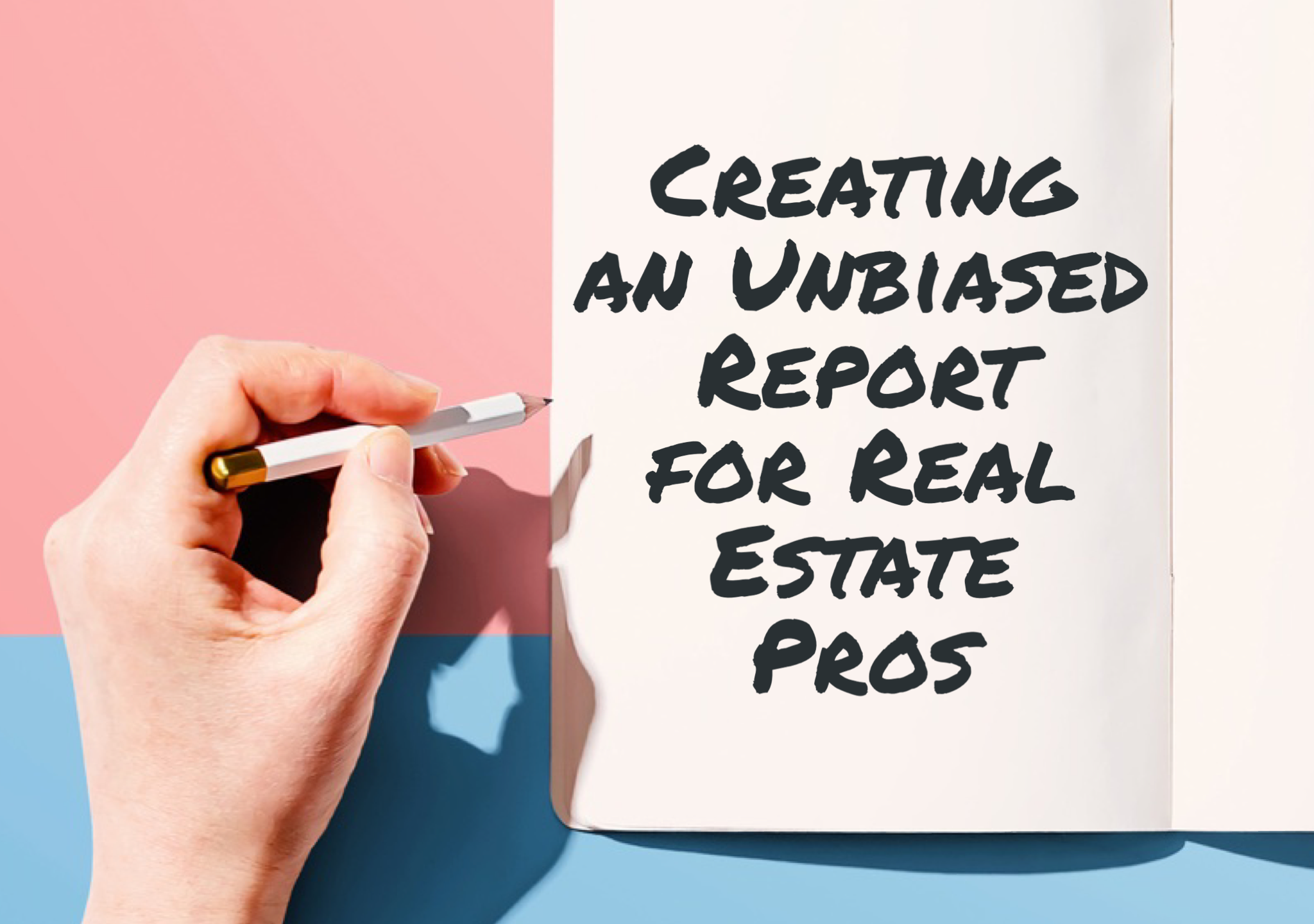Preparing a real estate report can be daunting. It is important to make sure that the report you compose is accurate and unbiased. As a real estate professional, it is your responsibility to ensure that all information provided in the report is factually correct and not influenced by any personal biases or opinions. In this blog post, we will discuss some of the best practices for how to prepare an unbiased real estate report.
Gather Information from Multiple Sources
When composing a real estate report, it is essential to do your research and gather information from multiple sources. This helps to ensure that the data you are presenting in the report is accurate and reliable. Moreover, gathering information from multiple sources allows you to gain a more comprehensive understanding of the property in questions. As well as any factors that might affect its value or condition.
Be Objective
It is also important to remain objective throughout the entire process of creating an unbiased real estate report. Basing conclusions off facts rather than personal opinion helps make sure that no biases taint your findings. Additionally, being objective means not allowing external influences such as emotions or personal connections to cloud your judgement when forming conclusions about the property in question.
Stay Professional
Lastly, it is important to stay professional while composing an unbiased real estate report. This includes using language that is clear and concise, avoiding exaggeration or speculation, and providing only factual evidence in support of any claims made within the document itself. Additionally, if there are any discrepancies between multiple sources of information regarding a particular property, it should be noted within the report so readers may draw their own conclusions based on all available evidence.
Use Neutral Language
To avoid bias, use neutral language throughout your report by focusing on concrete details rather than abstract concepts like character or charm. Be specific when talking about features like square footage, floor plan layouts, and materials used in construction/renovations while avoiding adjectives like “charming,” “beautiful,” or “cozy.” Additionally, if you need to provide estimates for things like repair costs or expected return on investment (ROI). Use actual numbers rather than words like “expensive” or “low.”
How to prepare an unbiased real estate report requires careful attention and diligence from those who are tasked with writing them. Gathering information from multiple sources ensures accuracy and objectivity while staying professional ensures clarity and precision when communicating results. Keeping these tips in mind when preparing a real estate appraisal will help ensure that all reports remain impartial and factually correct for potential buyers or sellers seeking assurance about their investment choices!
Learn hands on report writing from an industry leader, Manfred Certified Instructor, Len Fiore, March 8th via LIVE webinar, a four-hour program that will discuss how Bias can be found in real estate assignments. We will start with an understanding of how bias, both implicit and explicit, can impact a report. A review of the Fair Housing Act. As well as other laws and regulations which apply to all real estate assignments will be made. A discussion of where bias can appear in the three approaches to value will be highlighted. Terms, phases and words that can be perceived as code words will be explained. How a discussion of crime and school district can lead to a charge of bias and discrimination in an appraisal report, inspection report or CMA.
Related Blog Posts
Join Over 100,000 Students Enjoying Manfred School Now
Become Part of Manfred School to Further Your Career.





